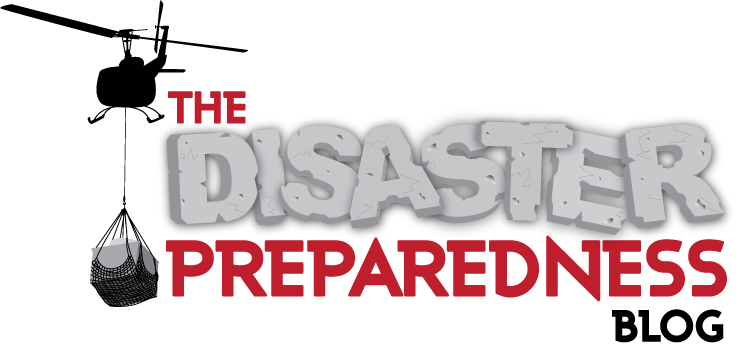One Crisis Often Leads To Another – Lessons From A Recent, Real World Incident
 Wednesday, March 30, 2011 at 3:04PM | |
Wednesday, March 30, 2011 at 3:04PM | |  Email Article
Email Article One of the better recent examples of how one crisis often leads to another is with BP and the incident in the Gulf with the Deep Water Horizon platform.
As most people are aware, the first crisis occurred when the blow out preventer failed leading to other explosions, fires and the oil leak (though some may say the first crisis occurred when certain protocols where not followed).
The massive oil leak lasted for months, leading to the additional crisis of how to handle the clean up and cap the unprecedented leak at depth.
The large oil spill in turn lead to the loss of income to businesses in parts of the Gulf and Congressional hearings forcing BP to take further action of setting up funds to reimburse losses.
The size and scope of the incident lead to questions from the media, along with public statements from BP which lead to a significant PR crisis for the company. Most would say this was handled very poorly by BP.
The reimbursement process required BP to gather information from people who were claiming a loss. As of this morning it has been announced that BP has lost a laptop containing 13,000 names and personal information, including social security numbers of those filing claims with the company.
As you can see, once a crisis starts it can be difficult to stop the dominos from falling in other areas, even over the long term. One way to get in front of a crisis, and preventing a potential domino effect is to implement effective planning prior to an incident, along with training and discussions among your leadership team has to how potential crisis’s and incidents will be handled.







